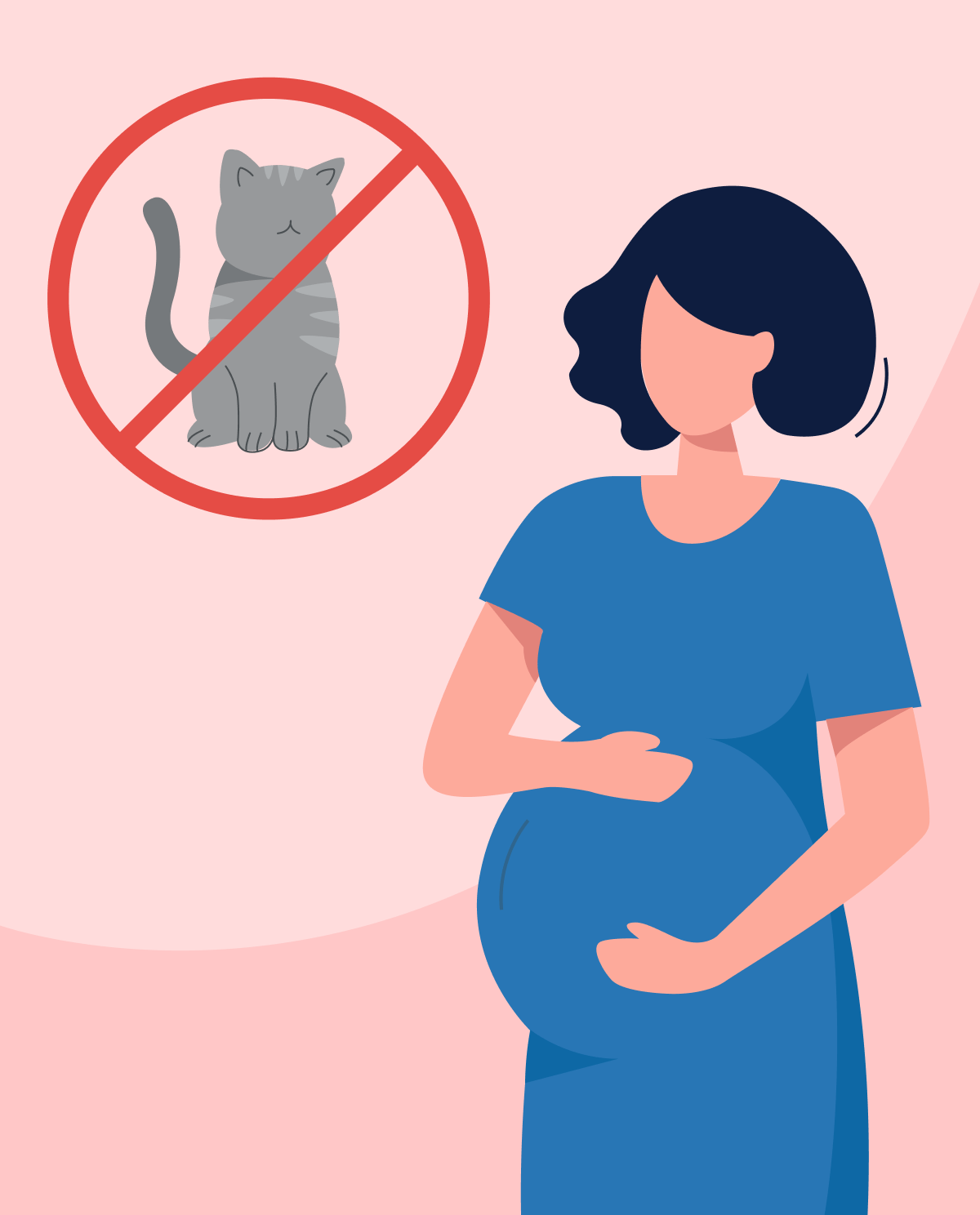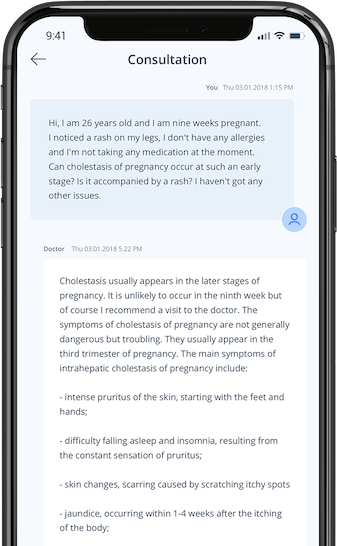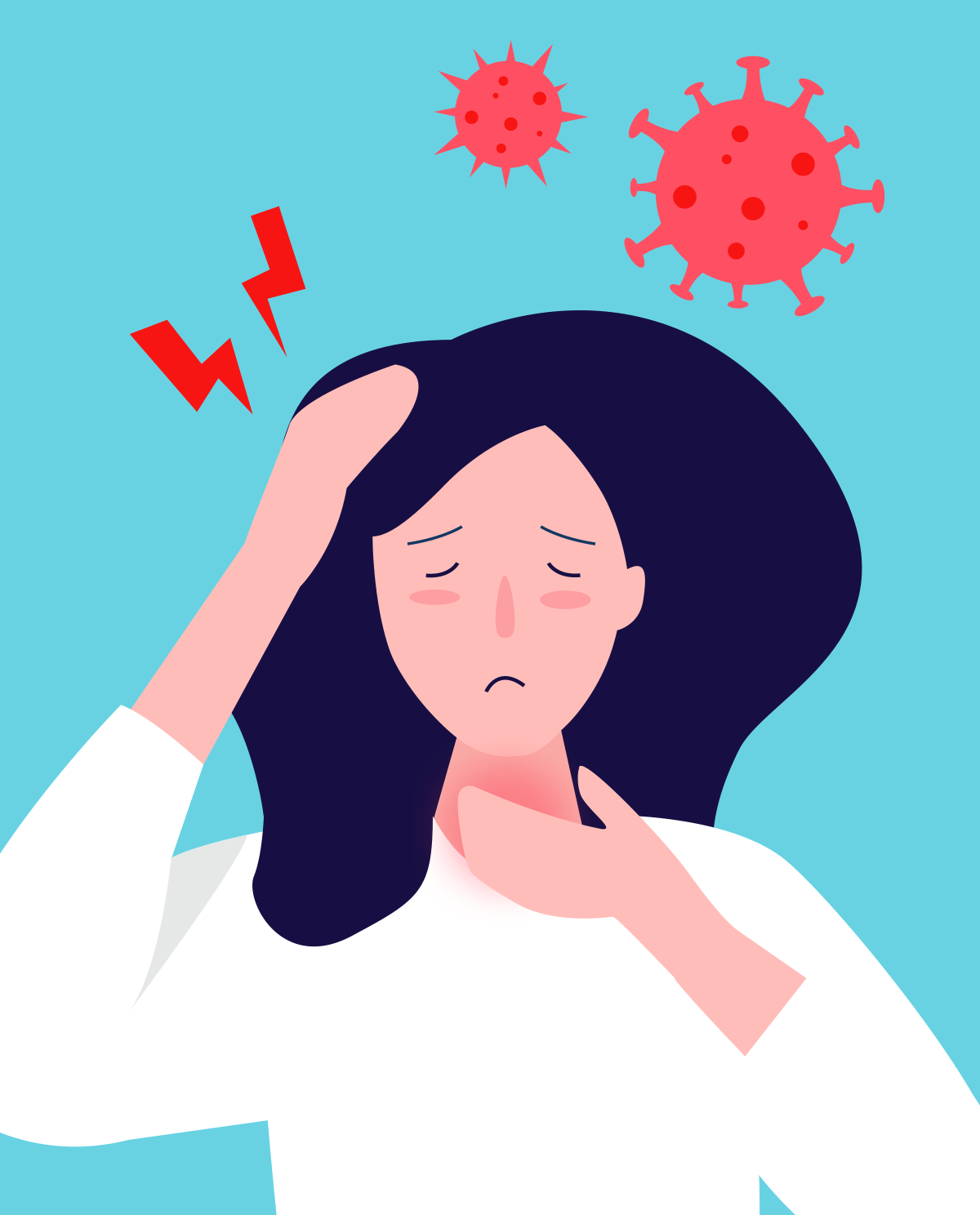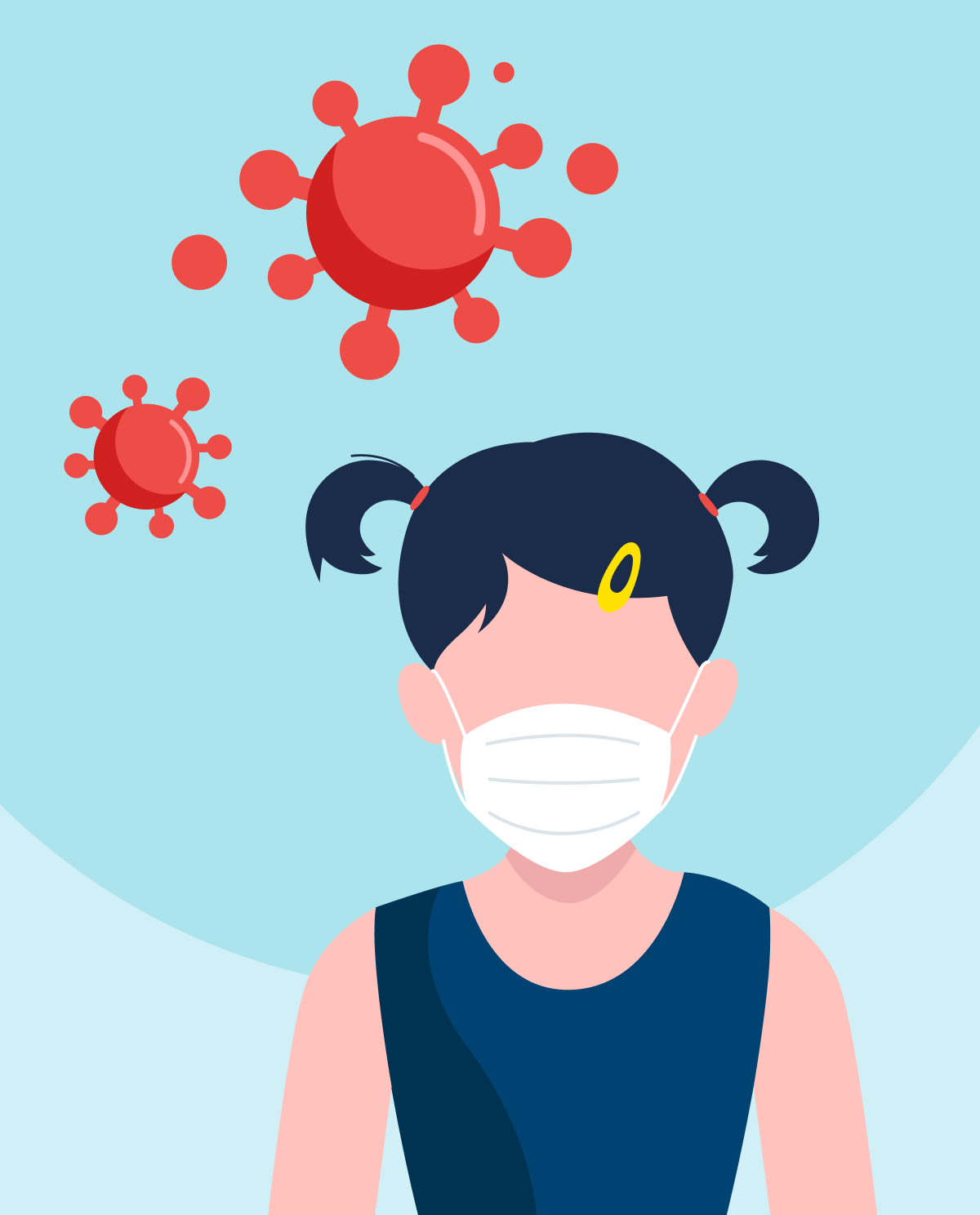How does the parasite invade a host
- Drinking water that has been contaminated with Toxoplasma gondii is another possible route of transmission.
- It's also possible to accidentally ingest the parasite after handling contaminated meat or shellfish and not washing hands properly, or by consuming food that has been contaminated by knives, utensils, or cutting boards that have come into contact with raw, infected meat or shellfish.
- People can inadvertently swallow the parasite by contacting cat feces containing Toxoplasma, such as when cleaning a litter box or touching anything that has been in contact with cat feces.
- Toxoplasmosis can be transmitted from a mother to her child during pregnancy, and in rare cases, it can be contracted through infected organ transplants or blood transfusions
- Drinking water that has been contaminated with Toxoplasma gondii is another possible route of transmission.
How to prevent toxoplasmosis transmission
- To prevent contracting Toxoplasma, it is advised not to consume raw or undercooked oysters, mussels, or clams, which may have been exposed to the parasite in seawater.
- While changing the cat litter, wash your hands.
- Avoid drinking unpasteurized milk.
- Kitchen material should be washed thoroughly.
- When handling soil or gardening, wear gloves to reduce the risk of exposure to cat feces containing Toxoplasma, and wash hands thoroughly with soap and water afterward.
- Children should be instructed about the importance of hand washing.
- For several days, freeze meat products before cooking
- When cooking, use high temperatures
- To clean fresh fruits and vegetables, it is recommended to wash them thoroughly with running water.
Signs associated with toxoplasmosis
Signs and symptoms are highly dependent on the patient's "condition":
- most people will develop basic systemic symptoms such as muscle aches, fever, lymph swelling, and headache,
- people with weakened immunity: in addition to systemic symptoms described above, they can develop breathing difficulties, high fever, encephalitis (seizures, decreased alertness, and poor coordination),
- infants and/or in utero: hydrocephalus (increased fluid in the skull compressing the brain resulting in long-term and/or permanent defects), hepatic-splenomegaly, cardiac disorder, and so on.
Risks associated with exposure
- immunodeficiency (HIV infection),
- corticosteroids administration,
- chemotherapy medication,
Diagnosis
- history taking,
- blood tests that will detect antibodies,
- during pregnancy: basic symptoms of the infection will be noted and USG to check for fetal abnormalities,
- if signs of brain infection are noted: CSF (cerebrospinal fluid) analysis, MRI, or CT.
Treatments
It is only treated during an active infection. Pyrimethamine is used in combination with leucovorin calcium. it should be noted that various antibiotics can be added such as azithromycin, sulfadiazine, or clindamycin can be added.








